[ad_1]
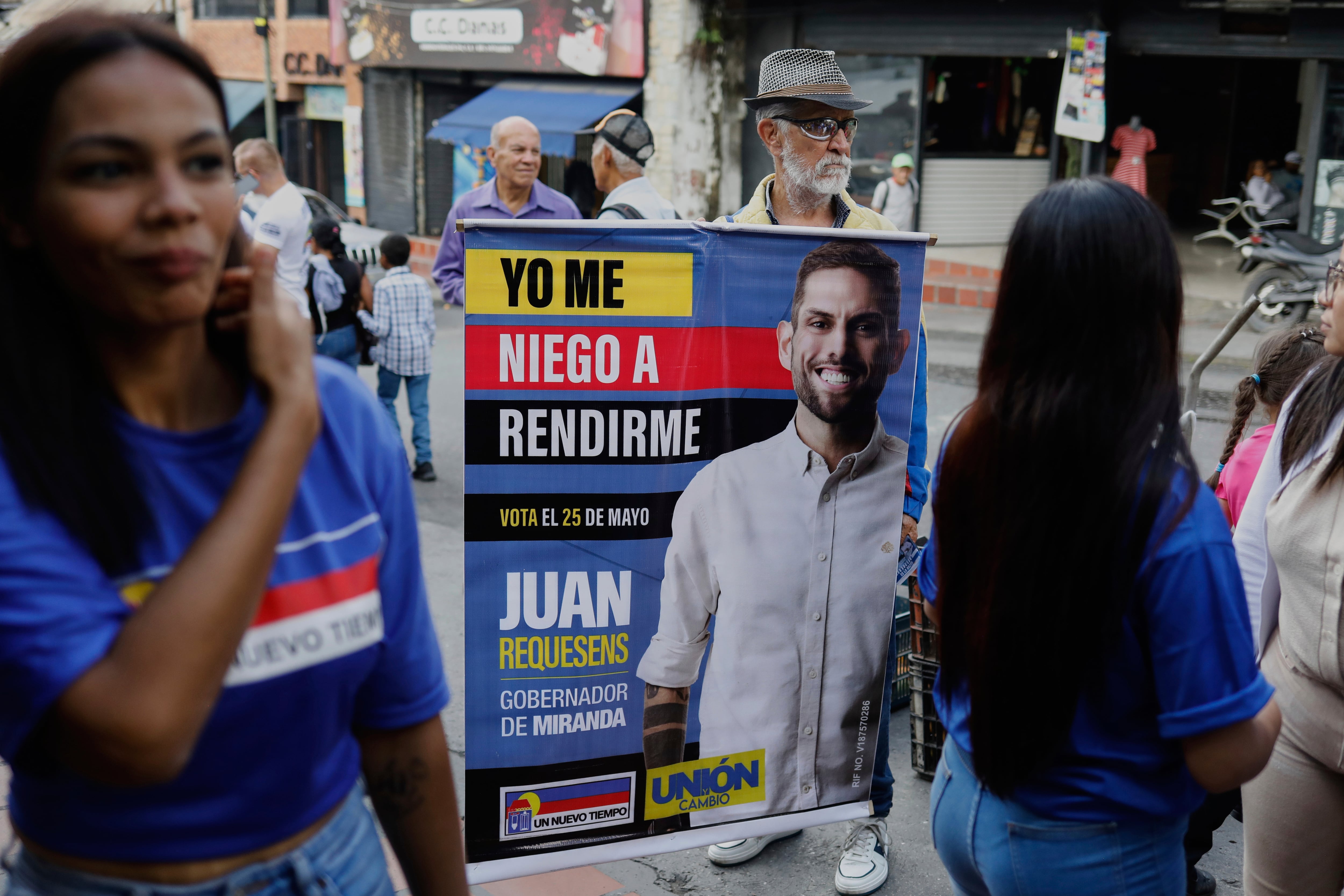
An election without an electoral atmosphere. Ahead of the upcoming parliamentary and gubernatorial elections, campaigning and expectations are almost nonexistent on the streets of Venezuela. Opinion polls report that approximately 35% of the population is determined to vote, or is considering it. Some political analysts, who prefer not to be identified, estimate that perhaps half of them, or slightly more, could end up going to the polls on Sunday, May 25.
The economic crisis, exacerbated by international sanctions against the country, has again driven up prices and affected consumption, further dampening public sentiment. Many voters have not forgotten what happened in the presidential elections on July 28 last year and the denouncements of Edmundo González Urrutia‘s candidacy, who demonstrated his victory by publishing 80% of the votes cast.
The post-election repression — a rarely discussed, or rather evaded, event in political conversations and everyday life — remains fresh in everyone’s mind. The prospect of negotiated solutions to political change has renewed interest in emigrating after years of mass exodus. According to the most reputable pollsters, 22% of the population is considering it again.
The electoral campaign has been very short, as Chavismo sought, with little room for debate, publicity, or rallies. Little is known about the conditions and the candidates vying for the seats up for election. There is a lack of electoral advertising spots on television and broadcast media: “Thirty-eight percent of the population surveyed in our studies intends to vote,” notes Jesús Seguías, political analyst and president of the firm Dataincorp. “There is a 36% undecided field regarding the issue of voting in our surveys. Abstentionism has an organic composition of 27% in the country.”
Seguías believes that Chavismo’s chances of victory are directly related to María Corina Machado’s call for abstention. “The opposition has been a solid majority in Venezuela since 2015, when it won those parliamentary elections, but not now. The government knows that. Both factions will be severely damaged in the elections, but in the opposition’s case, it’s because of the call for abstention. The lack of unity in the elections will weigh heavily.” Seguías considers the split between the two opposition factions “definitive.”
“I’m not going to vote; this time I haven’t gotten involved in politics. I already voted last year. On Sunday, we’ll be with family, resting. I don’t even know who the candidates are where I live,” says Griselda Souto, a food business manager in the La Campiña neighborhood of Ciudad Bolívar.
Machado, the most prominent anti-Chavez leader, has called for people not to participate in the elections, disavowing the opposition, who instead seek to galvanize the population. The vast majority of opposition parties and movements remain aligned with her, claiming victory from the last presidential election. Meanwhile, leaders from the democratic camp who are determined to participate, such as Henrique Capriles, have less traction at this time.
“I didn’t even know there were elections next week. I’m just finding out,” says Wilmer Durán, a resident of Artigas, a working-class neighborhood in western Caracas, and a bakery employee in the east of the city. “I haven’t heard about elections anywhere. Of course, I’m not going to vote; I don’t have anyone to vote for.”
In next week’s vote, the ruling United Socialist Party of Venezuela (PSUV), which for years has de facto coincided with the state apparatus, is the favorite. Hardline Chavismo, unconditionally grouped around Nicolás Maduro and the Bolivarian Revolution (approximately 1% to 20% of the population), is the only segment of society almost entirely committed to voting.
Jorge Rodríguez, current president of the National Assembly, has once again expressed optimism about what Chavismo can achieve: “We are giving our all to win 24 governorships and consolidate a clear parliamentary majority. What we are sure of is that we will win again.”
Meanwhile, the opposition faction that has decided to participate in these elections (made up of the Un Nuevo Tiempo party and the faction that supported Capriles in the Primero Justicia split) has set goals that, while seemingly excessively optimistic to many, are rather modest: around 40–60 deputies (out of a total of 277), and perhaps four governorships, including that of Zulia state, the most important electoral base in the country after Caracas, where Manuel Rosales is its candidate.
In addition, small, very moderate parties outside the Democratic Platform, which have partial agreements and areas of common interest with the ruling party, are participating in the opposition camp, such as Avanzada Progresista, Cambiemos, Soluciones, and dissident groups from Acción Democrática.
“I’m not going to vote. I don’t believe anything this government says, and I’m not very interested in politics,” says José Luis Bohórquez, a business administrator living in Maripérez, north of Caracas. “We already went to vote, and what they did was make fun of us last year, going out to repress everyone. The government knows what the polls say. If they don’t like knowing what people think about them, then don’t ask, don’t hold elections, we won’t vote, and that’s it.”
The last parliamentary elections in Venezuela, held in 2020, had similar characteristics to the upcoming ballot: Chavismo organized the referendum on its own terms, vetoing the participation of all major opposition parties and allowing minority groups to participate to avoid unanimity in the chamber. The abstention rate in that election was 70%, and the PSUV, with 69% of the total valid votes, obtained 253 of the 277 seats in the National Assembly. The non-Chavista bloc in the current parliament consists of about 20 deputies.
Sign up for our weekly newsletter to get more English-language news coverage from EL PAÍS USA Edition
[ad_2]
Source link
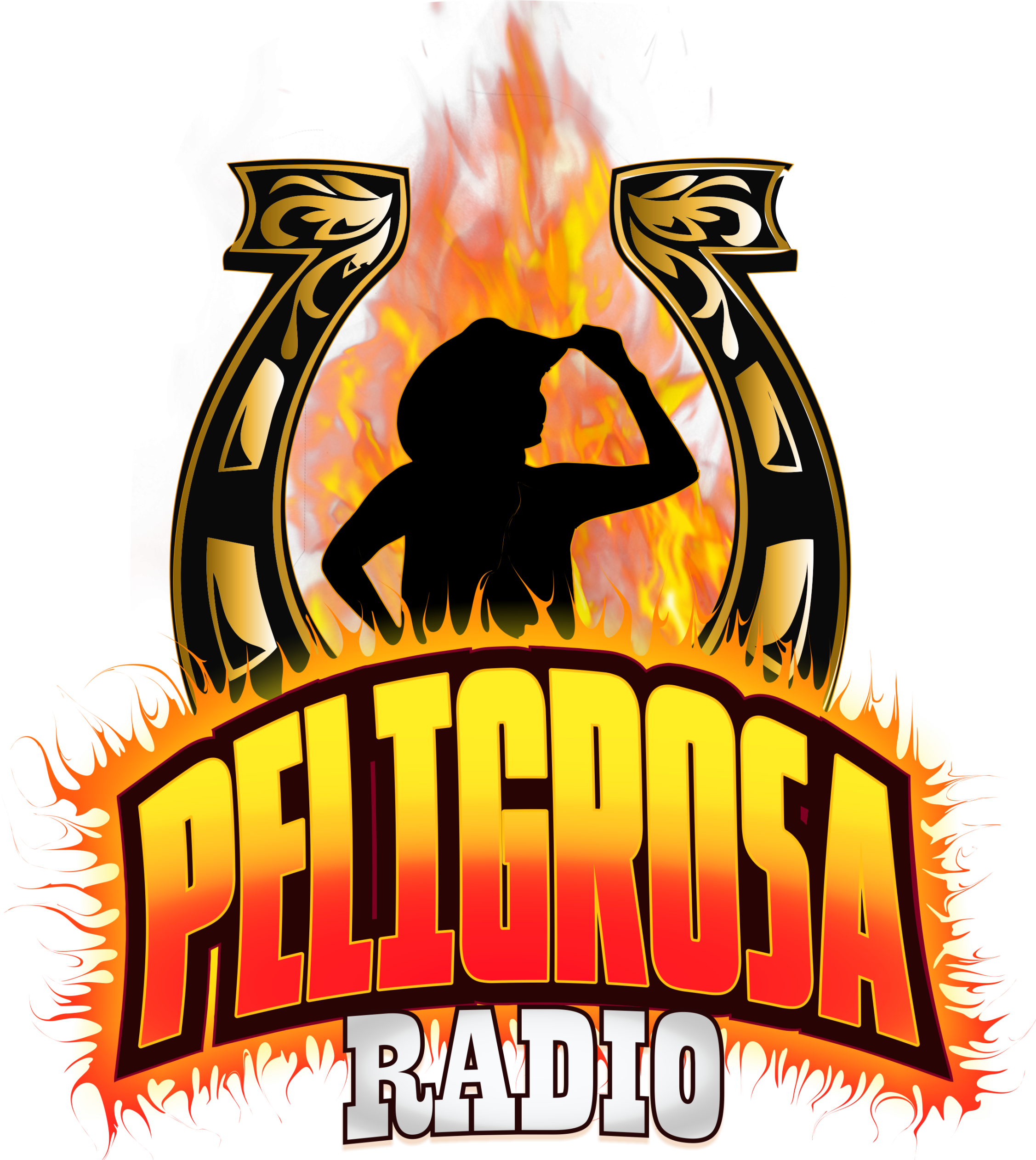
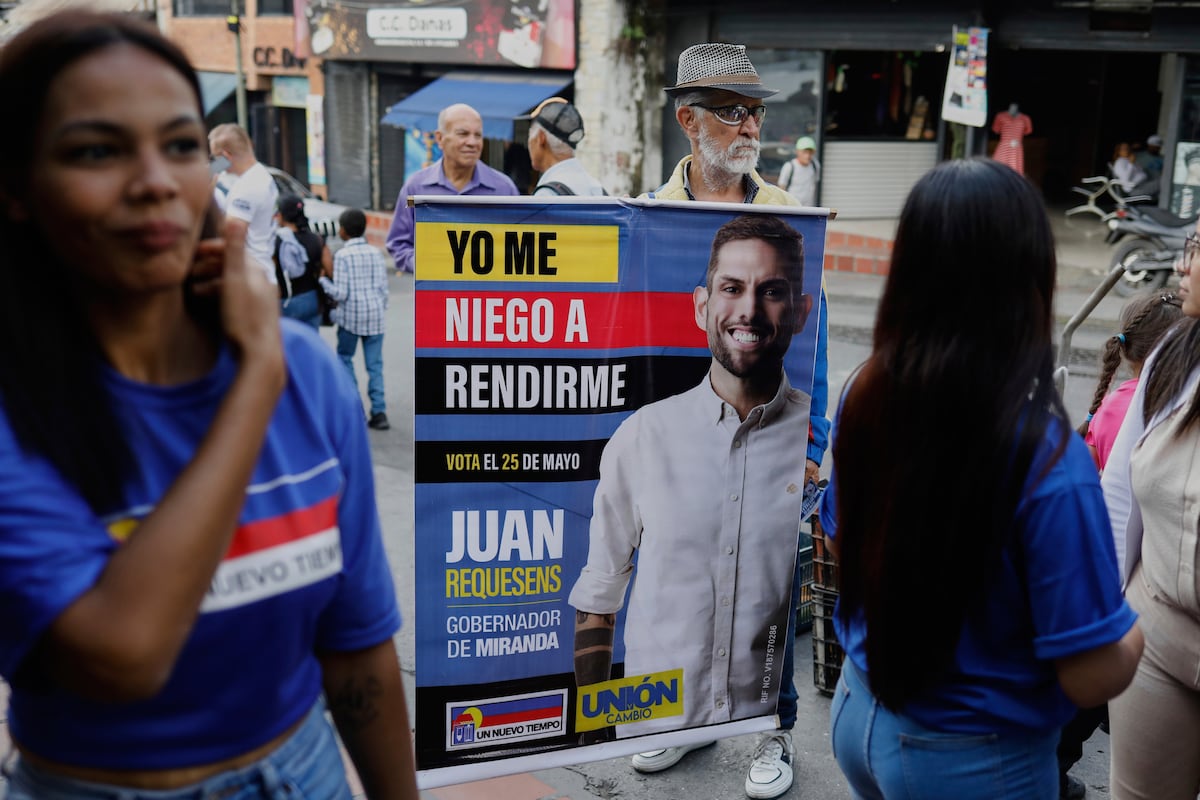
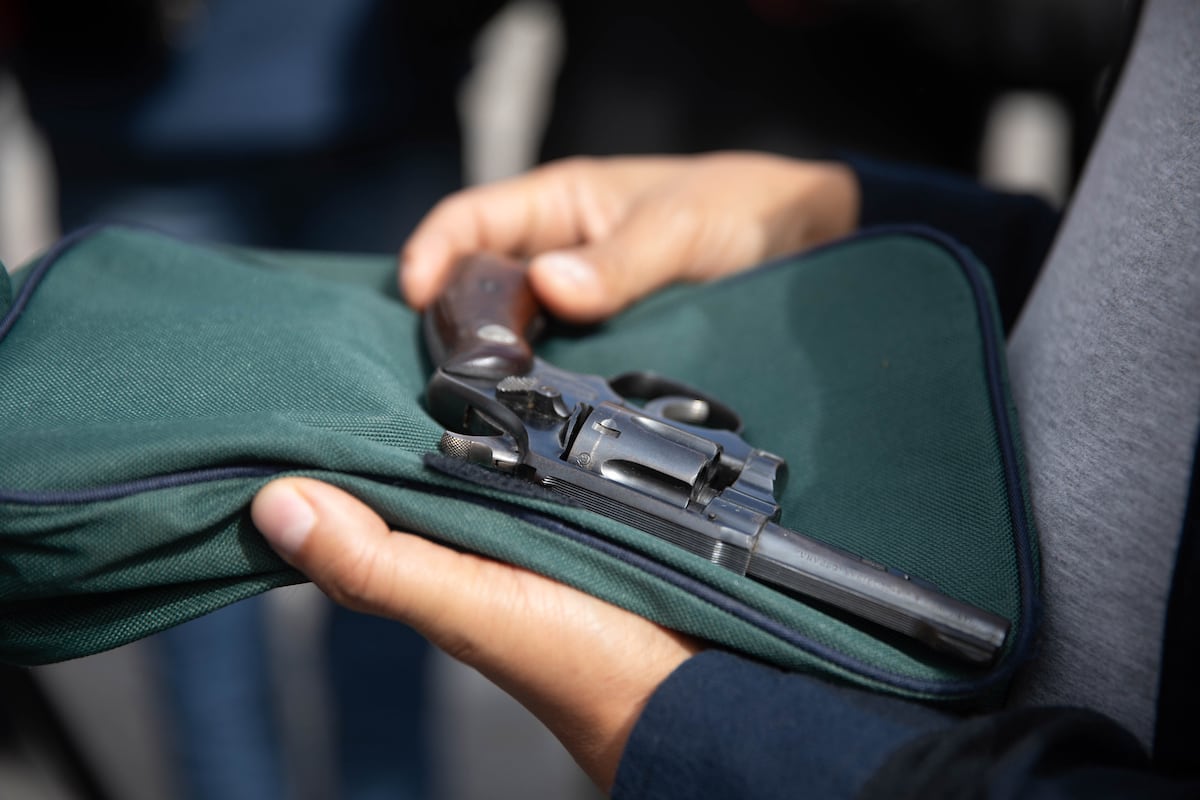
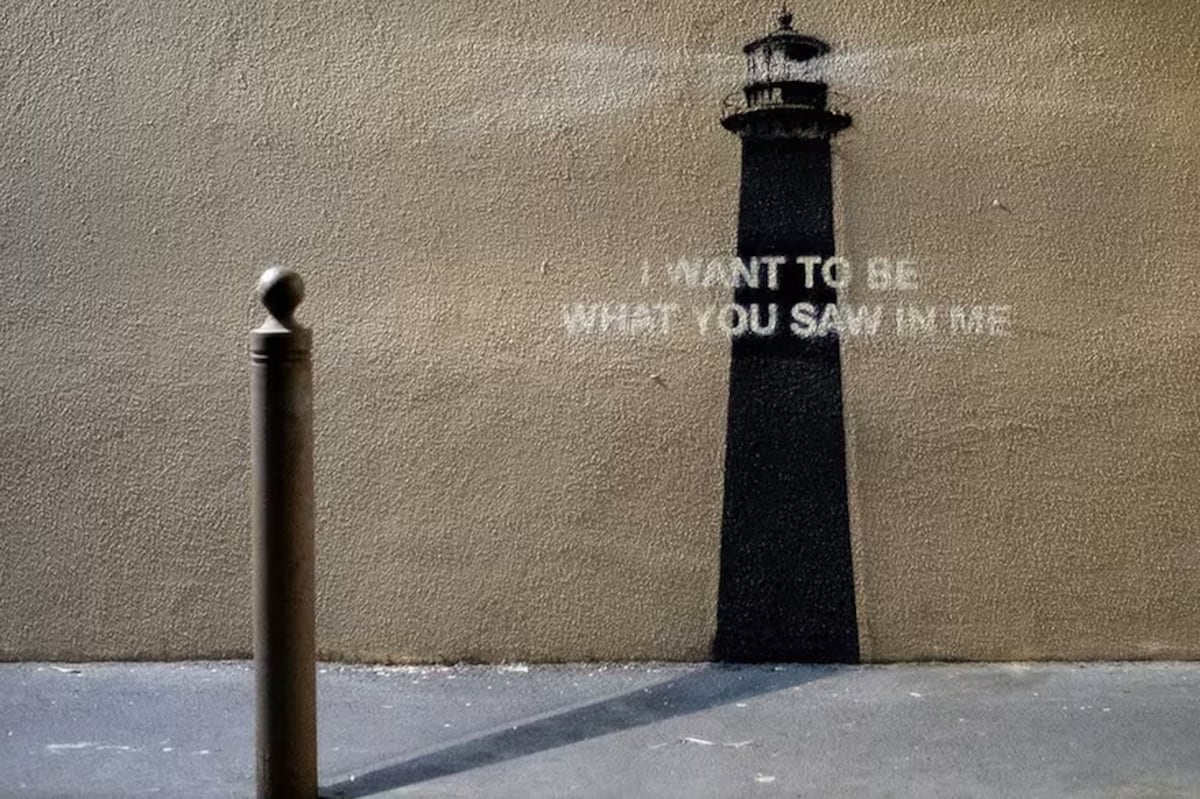

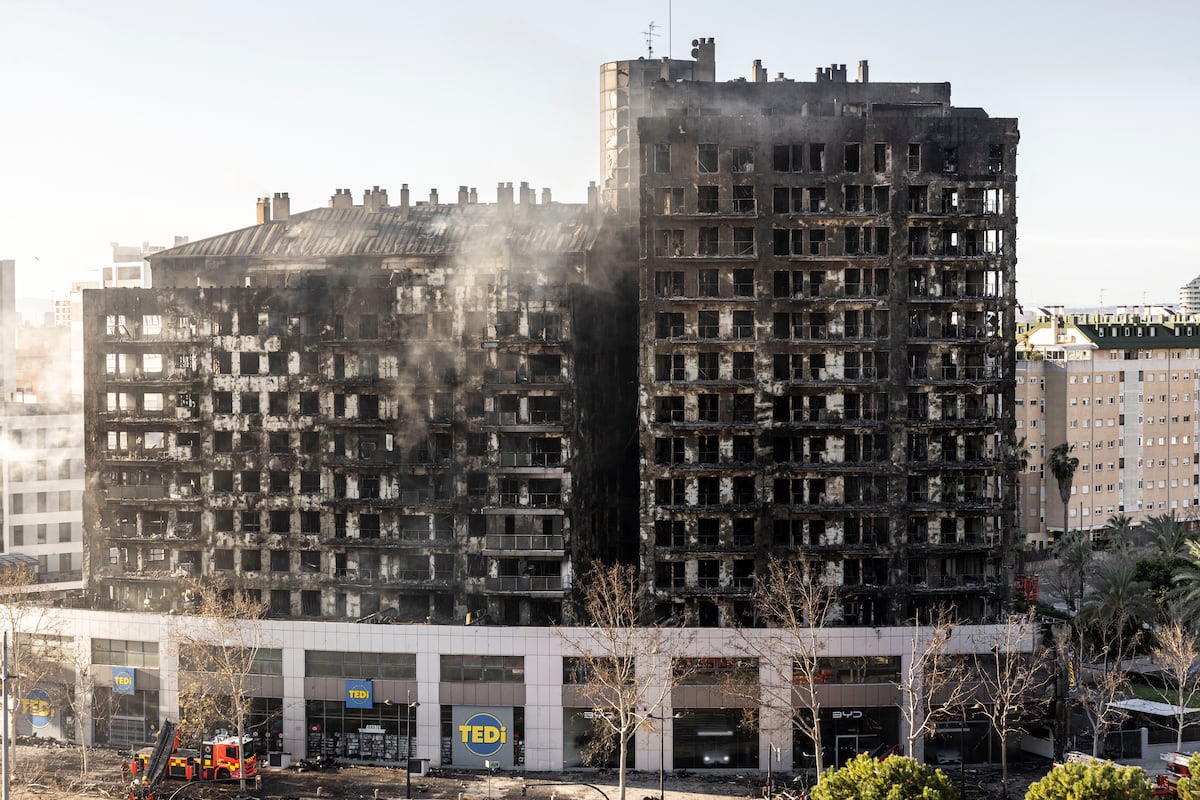

Comentarios